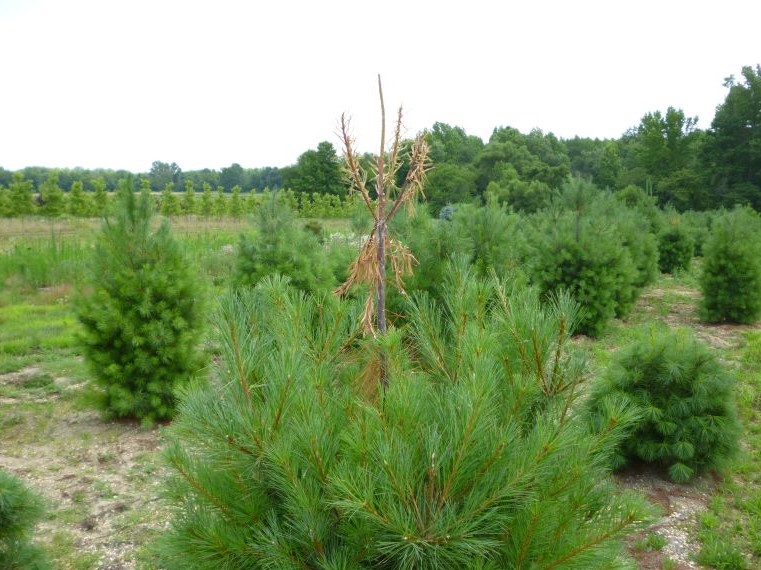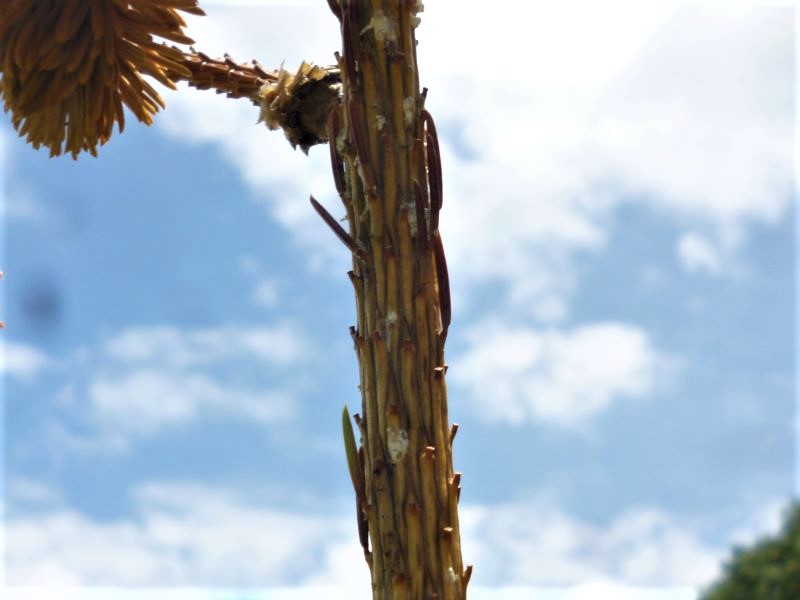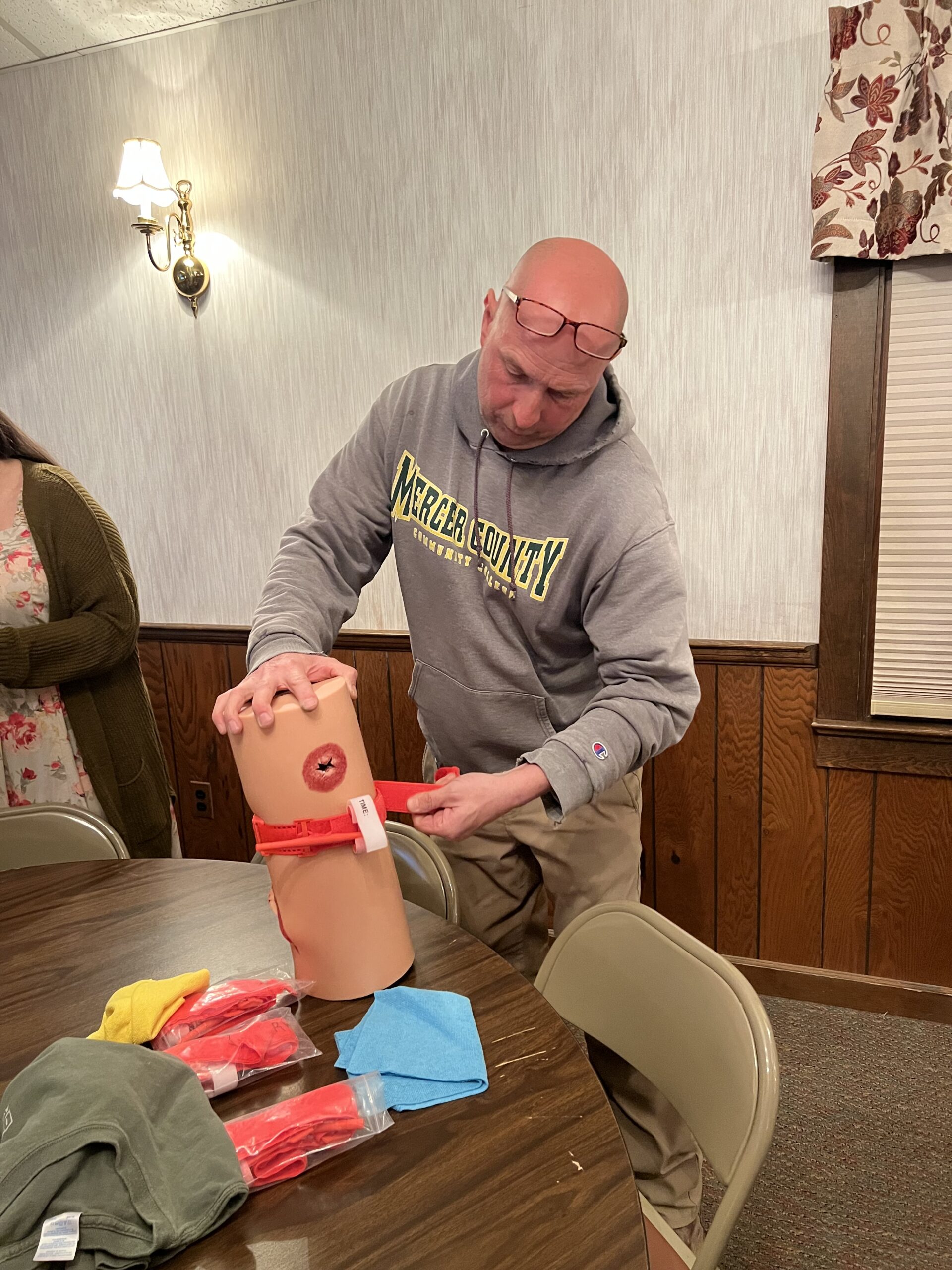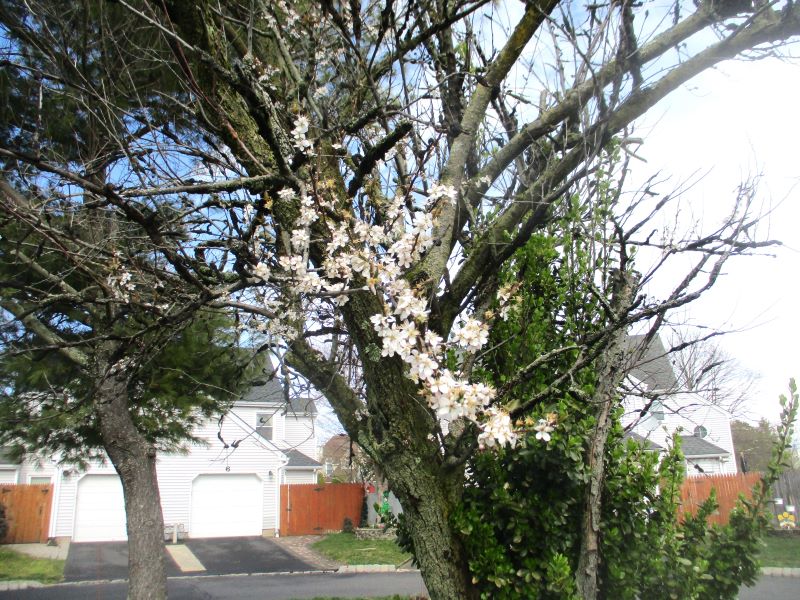Many arborists & landscapers often find it difficult to prevent white pine weevil pests (Pissodes strobi), because they are typically applying fertilizer & dormant oil treatments during the control window. In NJ, the control window against feeding white pine weevil adults occurs in March & April. Adults overwinter in the duff beneath trees. The WPW adults will often crawl or sometimes fly to the top terminal leaders of pine, spruce, or Douglas-fir trees. Eastern white pine & Norway spruce species are the most severely attacked & the death of the terminal leaders of these trees will often occur.

Often by July, an infested terminal will brown & die as the weevil larvae have destroyed the vascular tissues. (Photo Credit: Steven K. Rettke, Rutgers Coop. Ext.)
Treatment timing is critical with this pest, and controlling the adult female before egg laying is necessary. Apply preventative sprays (e.g., pyrethroids) only to the terminal leaders during this time. Before mating & egg laying, adults will feed by chewing holes within the central leader, causing a characteristic pitch flow that becomes white when dry. Then females will lay eggs in new cut-out holes within the top 12 inches of the leader just below the terminal bud.

White pine weevil adults will feed within the upper terminal leaders & cause pitch flow that when dries has a white appearance. This is an early symptom that adults are active & control materials need to be applied. (Photo Credit: Steven K. Rettke, Rutgers Coop. Ext.)

 Rutgers Cooperative Extension, in partnership with the Vegetable Growers Association of NJ and the Rutgers NJ Medical School, will host a Stop the Bleed training on Tuesday, April 8, 2025 from 10:00 am to 12:00 pm at the Rutgers EcoComplex located at 1200 Florence Columbus Rd, Fieldsboro, NJ 08505.
Rutgers Cooperative Extension, in partnership with the Vegetable Growers Association of NJ and the Rutgers NJ Medical School, will host a Stop the Bleed training on Tuesday, April 8, 2025 from 10:00 am to 12:00 pm at the Rutgers EcoComplex located at 1200 Florence Columbus Rd, Fieldsboro, NJ 08505.
